Users Who Spiked

IN THE HANDS OF THE DEAD
Private Notes
Private Notes
Notes
Laura leaves the world wanting more. Learns fast and moves faster. Her mother is part of the Hawaiian upperclass and sends Laura to spend summers learning about native island culture. During those months she lives like her ancestors in grass huts. She learns to weave mats, baskets and bracelets. She eats poi and travels by canoe.
When we're ten, she comes to my birthday party. Brings me a present that looks like it belongs in her room: a circular box of cerulean porcelain with a renaissance style unicorn contrasted in white on the lid. She explains it to me. Takahashi is a potter in Japan. On the bottom it says "Unicorn in Glaze." It bears the potter's symbol: a Japanese character that looks like a double T. Her sepia, thin hands are careful and precise. She describes the art of flow blue. She is president of the Jr. Philharmonic Society so we giggle, raise one eyebrow, when she uses a gavel to call our group to order.
In high school German class she tells me she will be a doctor. She tells me not to tell anyone in case she fails. Both our fathers come from Bremerhaven and we are intrigued by the language. We take to it easily and use it like passing notes in the halls. Like a horse with blinders she ignores all that is teenager-normal and shoots through us all to the top of academic society. But she's alone in her momentum. She wants me to know that I never take my time. That I am always in a hurry. She wants me to be careful. And exceptional. And stop messing around. She frowns a lot and cuts her long, dark hair.
When we are grown, Laura tempts her fates. Seeks her fortunes. Knowing herself only as a soul and not a body, she doesn't look for men. But she is susceptible to flattery. So she marries young and begins to save lives before she is 30. When I'm pregnant, Laura scans my baby with the heart ultrasound at the UCLA medical center where she works. It's late at night. She's going to leave this man who tells her female doctors are selfish. The man who says she should be satisfied with nursing. She asks if I will be there for her as she dumps him in the dust and although I tell her yes, I leave for Virginia in the fall, tailing my baby's father. I ask if there's anything I can do from there. She tells me to send cherry pop-rocks. I send a carton.
Laura grows roses with Abyssinian cats at her feet. She coaxes life from the ground when she has lost it from her grasp. Though she held a man's heart in her hands and massaged it to life, again and again, she has failed and so she speaks to her roses as if the man can hear and she says she is sorry. Over the phone with a spiraled chord tethered to the wall in my Tidewater kitchen I listen to her shattered voice full of questions for the universe. How did she come to trust herself with such a thing as life? Why did the man die when she knew exactly how to save him? Knowing she had done all she could, the man's family gave her a greeting card. It said, "To a Fine Nurse."
As a heart surgeon she gains ground, and as a researcher she brings the world to new consciousness. Her science carries forward into digital seeds and spreads into the atmosphere. But the internet is not safe, even for academics. She is the victim of plagiarism. Ten years of deep discovery, leaps of faith to prove her theory, chasing an elusive light she knows will reveal the truth. But that truth is stolen and published under another name. Shattered, she walks among the seals sheltering at Children's Beach. She intercepts a man throwing lit cigarettes at seal pups. He throws her cell phone into the ocean so she can't call for help. Inside she is dying. Color fades from her cheeks. She walks home. Does not say who she is. Later, the news reporter who received an anonymous tip identifies her as a tourist in her own town.
And then she evaporates. When I write to her, she doesn't answer. When I call, her father begs away for her. He sounds confused and so am I. She coils around herself and cries and sleeps. And when she wakes she is different and I squint as if I don't believe she is real. I know the timbre of her voice and the way she bites her lip and the curious blink of her disbelieving eyes but I'm looking for Laura. She seems to have slipped away behind a ghost's expression. I start to believe there is nothing to do but let her slip. She wants to go away from the world.
Before I know for sure she is gone, I am dreaming of her standing in my doorway waiting to say something. She swallows hard, exhales and closes her eyes but the words are locked away. I wake up determined to find her and come up empty. Friends of friends tell the same story. She's gone silent. Must be somewhere. We trace her like a child lost to the woods. We leave messages in university inboxes, voicemails, with last known colleagues. Until the day I am told she is gone, I try to hear what she meant to say, standing in my doorway dream.
Twelve months after we last knew she was on the planet and 20 years after high school German class, Dana Point Harbor is cold in the late summer evening. Classmates shake hands. Toast with beer bottles. Among us there are professors and lawyers and doctors. Serious and socially awkward. Sticking together then as now. Our lives have zig zagged and thrown punches but amounted to roughly what we'd hoped. The valedictorian from the year before us hears me ask about Laura. He hears my frustration over unanswered letters. He turns where he is and explains plainly why I should stop waiting. Stop looking. Glioblastoma. It was quick and took her last year. He is an oncologist.
After pacing and pleading, furiously demanding answers from the ether, I stop and look into the Pacific Ocean. I see her clearly again: the pioneer. She has broken the life barrier. She is the first of us to go forth into nothingness. The first to experience dying, the first to understand what is and isn't there.
Comments
Please login to post comments on this story
-
And then she begins to evaporate. When I write to her, she doesn’t answer. When I call, her father begs away for her. He sounds confused and so am I. She coils around herself and cries and sleeps. And when she wakes she is different and I squint as if I don’t believe she is real. I know the timbre of her voice and the way she bites her lip and the curious blink of her disbelieving eyes but I’m looking for Laura. She seems to have slipped away behind a ghost’s expression. I start to believe there is nothing to do but let her slip. She wants to go away from the world.
This part reminds me of my close childhood friend I lost to addiction. She's still alive but is not "here" if that makes sense. Beautifully written. Sorry for your loss. This is a lovely tribute to her. -
Meaningful and definitely makes you think.


















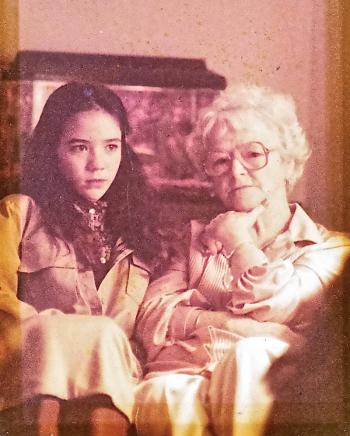
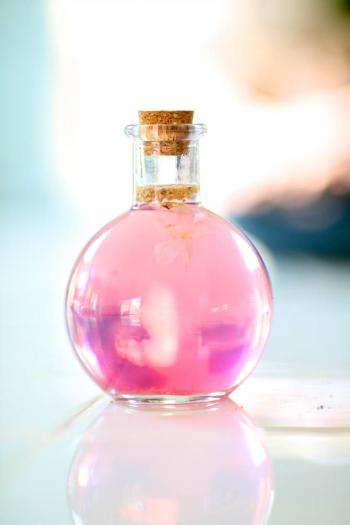
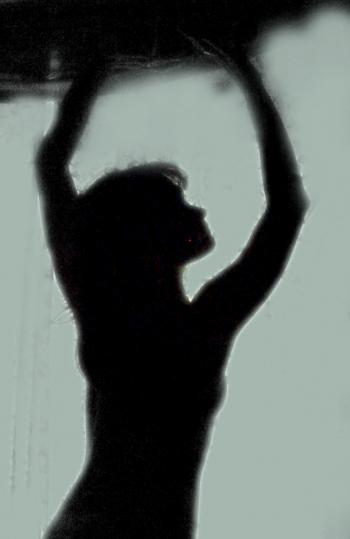
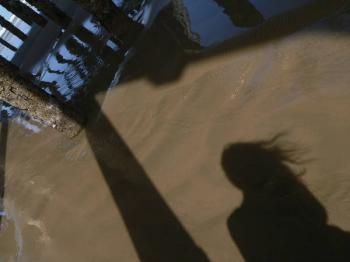
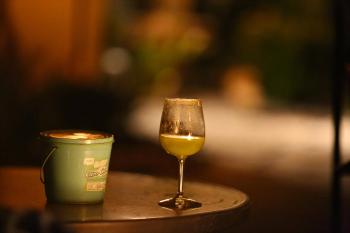
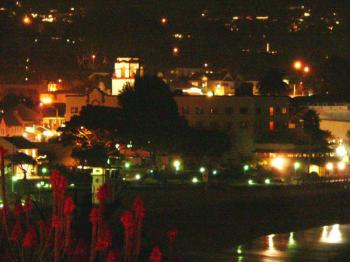
Thank you, Miranda. Sorry to have just now read your response.